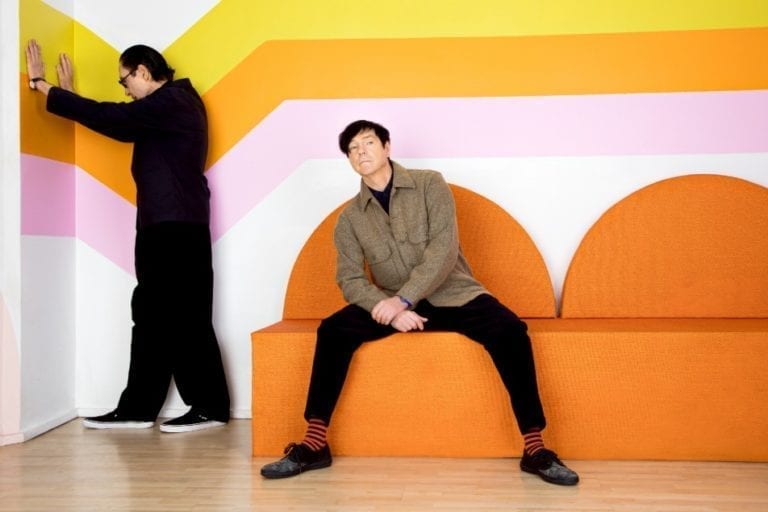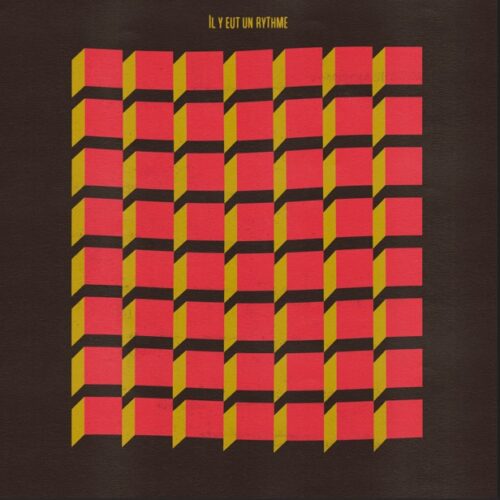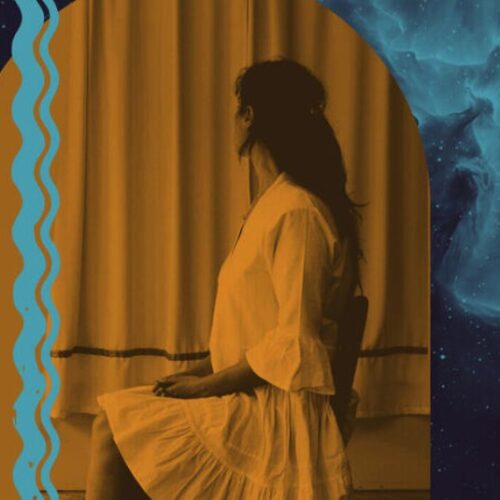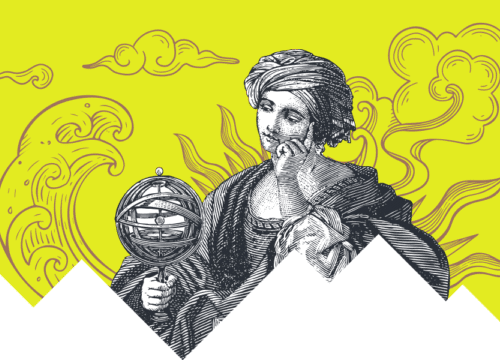Additional Information
Photo credit: Anna Webber
Sparks are a nice anomaly in the little story of the big pop family. Since their debut record in 1972, and more particularly their breakthrough with the now-classic Kimono My House and the 1974 masterpiece This Town Ain’t Big Enough for Both of Us, brothers Ron and Russell Mael have never ceased to surprise and reinvent themselves, from one album to the next. Slightly strange and nonconformist, always hyper-stylish, the two musicians have touched on all kinds of styles over the years, from glam-rock to electro-pop, bubblegum, baroque pop, classical music, music-hall numbers and film scores. While the duo has never had the success of Queen, with whom one could vaguely compare Sparks, their influence on popular music is enormous. From Björk to New Order, from Faith No More to The Smiths, Depeche Mode, and Franz Ferdinand (with whom the Mael brothers formed the band FFS in 2015), the Los Angeles duo is what you might call a cult band.
Now in their seventies without sounding it, the Mael brothers are back with A Steady Drip Drip Drip, a refreshing album that follows from their previous, Hippopotamus, released in 2017 – a record that catapulted the Sparks to #7 on the British charts, 40 years after their last Top 10 appearance.
Which longtime artists can still boast of being as relevant as ever after more than 50 years of music? You can count them on the fingers of one hand. One wonders then, what is it that still motivates Sparks so much? Ron Mael, the keyboard player with the perennial little moustache, didn’t answer this question, but he told us about his influences, Jacques Tati, Leos Carax, aesthetics, humour, the new Sparks and many other things.
PAN M 360: Does A Steady Drip Drip follow a bit what you did with Hippopotamus, that is, a return to shorter songs and a more pop format?
Ron Mael: In a way, yes. Stylistically and aesthetically, it isn’t a radical departure. There have been albums that we’ve done where we tried to completely sever the line from the previous album and started from zero, but we felt that we came up with something strong with Hippopotamus, that maybe we could continue from that sort of a mood or general feeling behind it. The songs don’t sound like they’re from that album, which is the idea that it’s a collection of songs done in a variety of different styles we enjoyed working in. It’s a progression from that album. You know, it’s very hard for us to judge it objectively, but we feel there is more depth and substance to this album than Hippopotamus.
PAN M 360: Who did you work with for the new album?
RM: Russell does all of the engineering. We produced all of our last six or seven albums. Russell has a studio in his house, about seven minutes from where I am, so it’s pretty easy for us to record. We worked with many great producers in the past but I think we’ve learned enough to be able to make good decisions about things, and be really merciless as far as choosing the right songs and that sort of thing. For the Hippopotamus album, we gathered a band that we felt was strong, young, and passionate, and also true to sounding like Sparks, so we had them over in the studio to play on the songs that are more rock- or pop-orientated on this new album.
PAN M 360: On some tracks, you seem to have gotten back to a sound that you had in the ’70s, with more guitars, more pop-rock sounding and less electro…
RM: Not necessarily. There’s all kind of different styles on the album. Something like “Please Don’t Fuck Up My World” [the album’s first, premonitorily titled single, released in December 2019], “One for the Ages” or “Left Out in the Cold”. Those, I wouldn’t consider particularly ‘band’ songs. There are things that are more aggressive, like “I’m Toast” and others, but the intention was never to be going back to our ’70s sound, because we just don’t do that.
PAN M 360 : To what extent do you attach importance to aesthetics or image?
RM: We kind of don’t separate music from the image and the visuals, since the very beginning. When we were starting in Los Angeles, the L.A. bands in general were only into the music, and if you had any kind of visual sense at all, you were seen as detracting from the music. So we felt a kinship with British bands, where the visual side was something that was very important. I think that’s carried through to this day, it’s just natural for us to put a lot of emphasis on the visual and our personas as well.
PAN M 360: Is this why you’ve always had these kind of tongue-in-cheek lyrics? To counterbalance the aesthetics? To show that you guys aren’t taking yourself too seriously?
RM: There is humour, but we always try to have another side to our lyrics, a more serious side, because we don’t want to be a comedy band, so our lyrics need to have depth but yes, there is a lot of humour on the surface and if you dig deeper, there is another layer that’s either bittersweet or has some kind of other meaning.
PAN M 360 : A Steady Drip Drip Drip is your 24th record. Over the years, you’ve made a lot of different-sounding albums. What would you say are your main influences, from the early years to now?
RM: When we first started, our influences were early Who and The Kinks. British bands who were really flashy and were writing about subject matters that were very specific, like writing about tattoos and all that sort of things. But over time, we kind of don’t really feel like we’re getting that much out of other people in order to incorporate it into our music. There have been influences along the way as far as producers, like when we worked with Giorgio Moroder in the late ’70s [No. 1 In Heaven and Terminal Jive], it was with the intention of incorporating an electronic sound into what we were doing, so he was more than just an influence, he really had big responsibility for that.
PAN M 360: After some 50 years of making records, in retrospect, what would you say you are the most proud of?
RM: Just maintaining a level of quality for that long is very difficult, because at a certain point, you can kind of say, “I’ve done all I can and now I just wanna relax and do an easy album that’s kind of looking backwards”. Thinking retrospectively, we’ve never done that, we’ve always been pushing. So from our perspective, the thing of having many albums that we think are of really high quality, and also moving things forward in one way or another, that’s something that we are especially proud of. And we’re also proud that there are people that have been following Sparks from the very beginning, and that there are new people coming in.
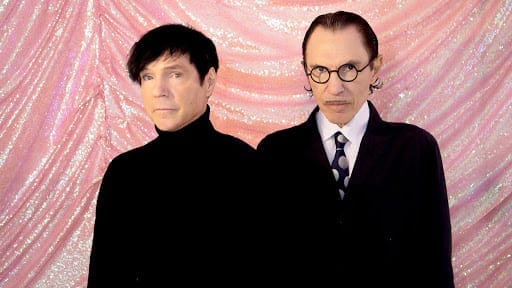
PAN M 360: Do you have any regrets?
RM: Not for something that we did, but rather things that did not happen. We were working for a short time in the mid-’70s with the French director Jacques Tati, but that film unfortunately never came to pass, just because of health issues and money issues to get that film made. So in that sense, yes, we really regret that that couldn’t happen. It was a film called Confusion and we met with him several times in Paris. He had this idea of a small French TV station and that we were brought in as experts from America to help solve their problems, all in a Tati kind of way. We were huge fans of his. At least we were offered the opportunity to work with him for a short time, and just to see how amazing he was, just like the Hulot character in real life.
PAN M 360: You have a strong penchant for theater and movies. You directed the radio musical The Seduction of Ingmar Bergman in 2009 and also presented it on stage in 2011, and you recently worked on another film project.
RM: Yes, a movie musical directed by Leos Carax that was finished being shot towards the end of last year. We shot mostly in Brussels and a little bit in Germany and Los Angeles. Leos Carax finished editing the film in time for it to be premiered at the Cannes film fest, but unfortunately that’s not happening, so whenever the next festival is occuring, it will be shown there. Maybe at the end of August, there’s the Venice film festival and the Toronto one in early September. But no one really knows what is gonna happen. It’s a project that we came up with about eight years ago. We never really intended it to be a movie, but rather a live show and maybe a Sparks album, but we went to the Cannes film fest around that time just to try to sell that an additional project we were working on. We were introduced to Leos Carax, who had used a song of ours in his movie Holy Motors, so we talked with him for a while and, once back in L.A., we thought that we should send him this other idea we had to see what he thinks… and he told us he wanted to direct it! But it took eight years for everything to come together, as far as financing and finding actors. So its starring Adam Driver and Marion Cotillard.
We’re hoping we can play Montreal at some point
because it’s been way too long.
PAN M 360: You do all the music for this film?
RM: Yeah. The story is something we came up, with and most of the music is close to what it was eight years ago. It’s just that Leos Carax wanted to have some of his personality in the thing, so there are additional pieces of music that we wrote and other things that were slightly altered, but in general it’s quite close to our original idea. Ninety-five percent of this film is songs. And both actors do such an incredible job. It’s just a thrill for us to be able to hear things that we wrote and have actors of that quality doing performances on that music.
The movie is called Annette. It’s basically about a shock comedian that Adam Driver plays. He’s really abrasive and kind of abusive to the audience, but also really popular, and he has an affair with an opera singer played by Marion Cotillard. So it’s kind of an unlikely pairing of the two. Then they have a child, and that child has some special talents, which the film is about. His career is taking a nose-dive while hers is skyrocketing, and the conflicts between the two set off a lot of fireworks. I cannot reveal more.
